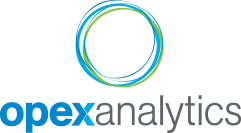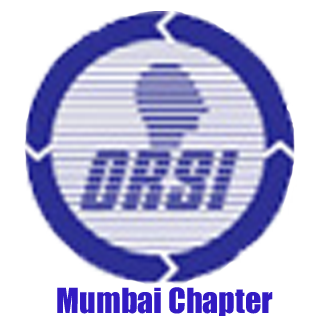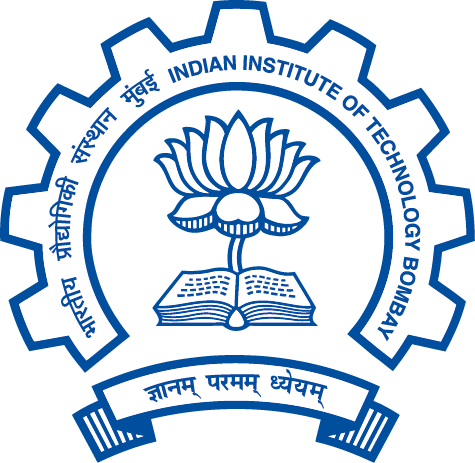Keynote Talk: Learning Enabled Optimization: A New Generation of Stochastic Programming Models
 Suvrajeet Sen
Suvrajeet Sen
Industrial and Systems Engineering and Electrical Engineering-Systems, University of Southern California
Several emerging applications call for a fusion of statistical learning
(SL) and stochastic programming (SP). The Learning Enabled Optimization (LEO)
paradigm fuses concepts from these areas in a manner which not only enriches
both SL and SP, but also provides a framework which supports rapid model
updates and optimization, together with a methodology for model-validation,
assessment, and selection. Moreover, in many “big data/big decisions”
applications, these steps are repetitive, and realizable only through a
continuous cycle of data analysis, optimization, and validation. In order to
accommodate such workflow, we adopt a Stochastic Decomposition (SD) framework
which is a successive sampling algorithm (also known as incremental sampling)
for SP. Under certain assumptions, SD is known to possess the following
important properties: a) it produces a solution sequence which converges in
expectation, at a rate of approximately O(N-1) with high probability; b) it reduces
bias and variance simultaneously via a new concept of compromise solutions.
For some of the most challenging instances to date, the algorithm has produced
near-optimal solutions on desk-top machines within a fraction of the CPU time
it takes other methods, such as sample average approximation (SAA) using
Benders decomposition and its variants. These properties are particularly
important for LEO models which require both SL and SP in the workflow. This
lecture will begin with a discussion of LEO models, and their applications.
With this motivation, we will review SD, clarifying the methodology and its
computations for SP. Finally, we will resume our path to the future where we
show how SD provides distribution-free statistical optimality, and supports the
LEO workflow, with novel guidelines for model assessment, and selection. Time
permitting, we will also present some research challenges for the LEO paradigm.
(This work draws upon joint work with several colleagues, as well as current
and former students.)








